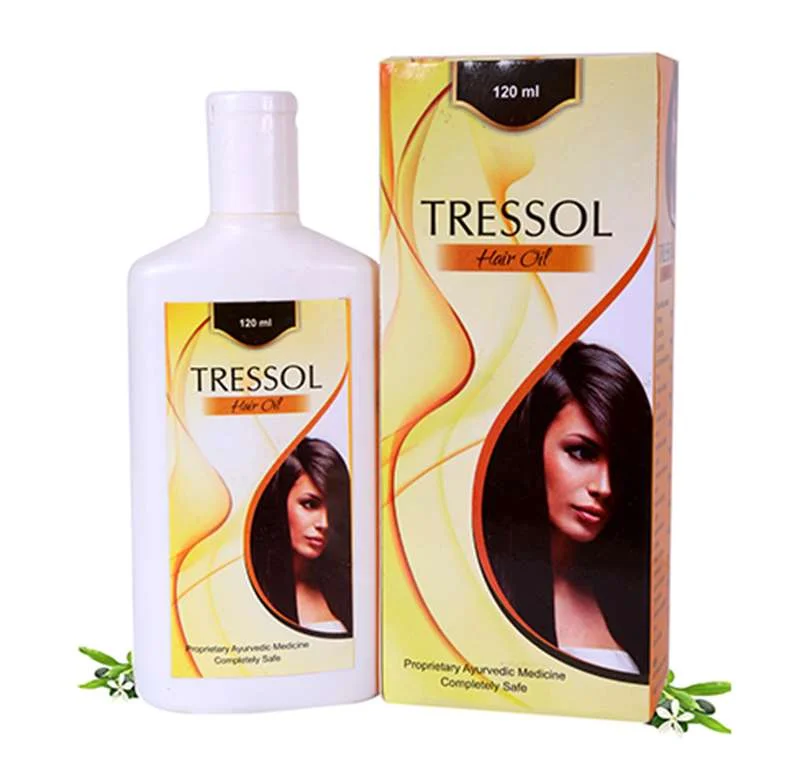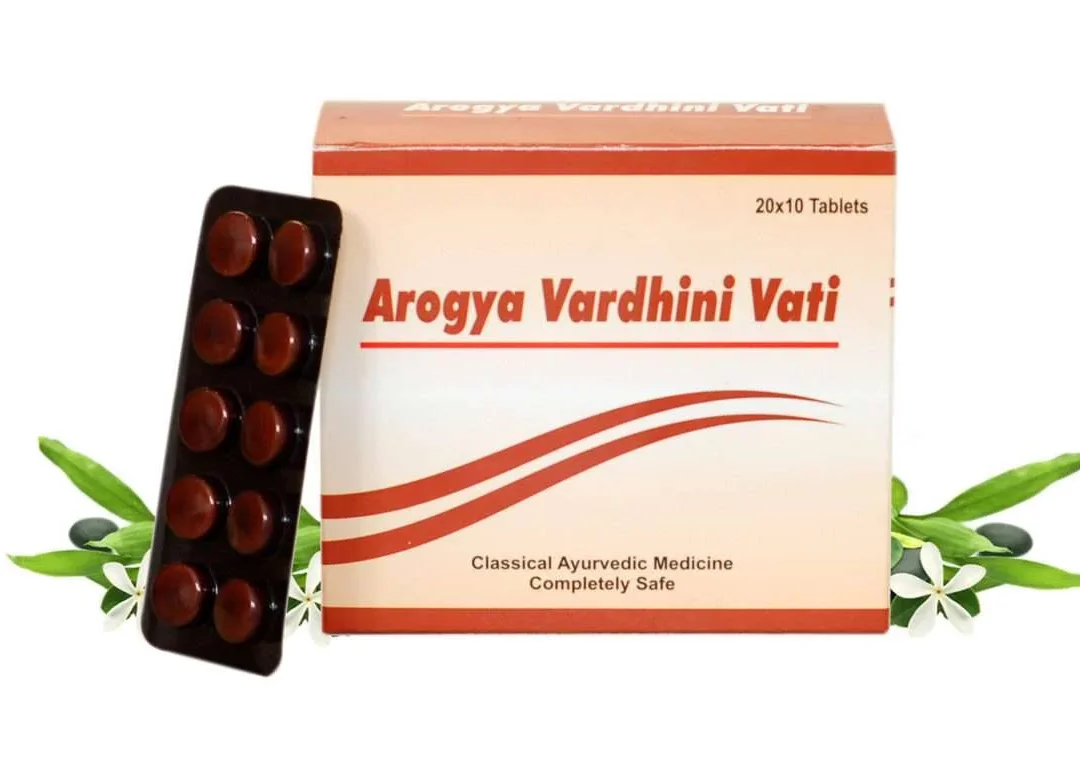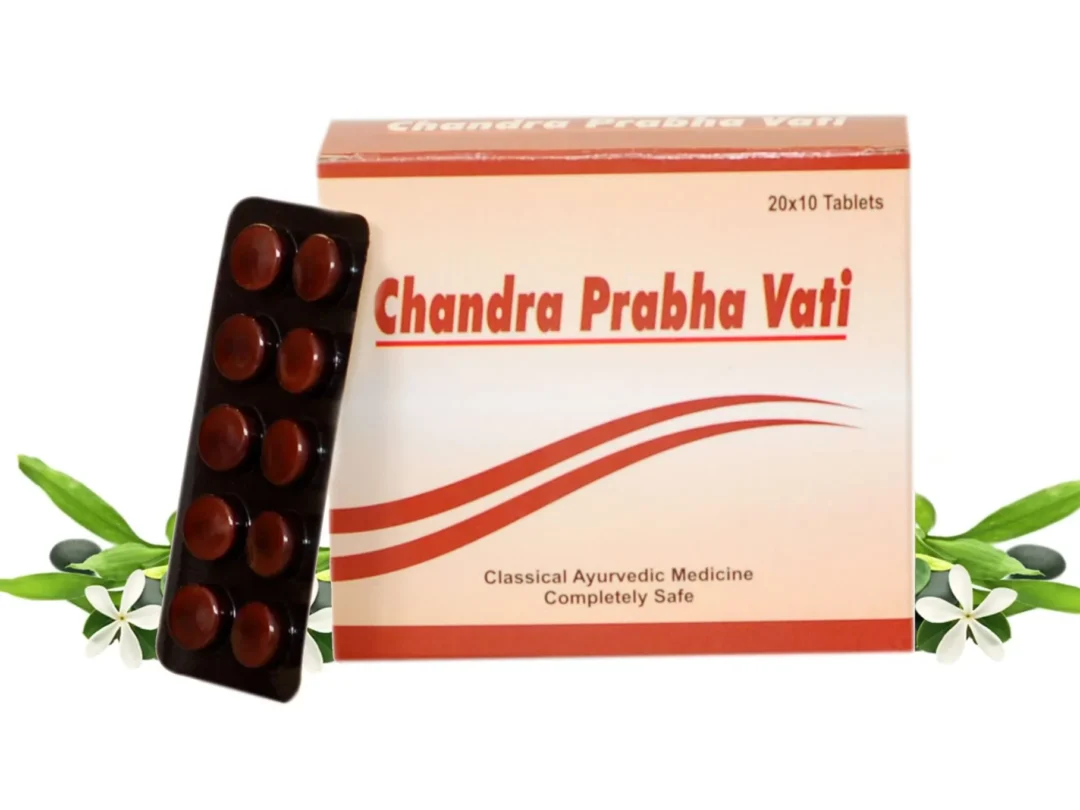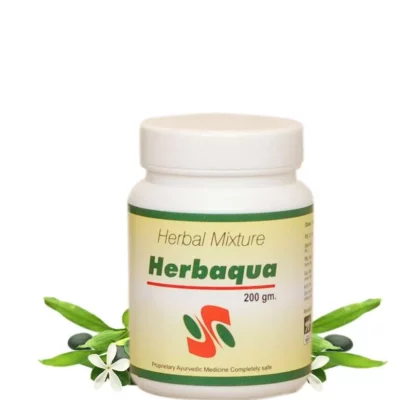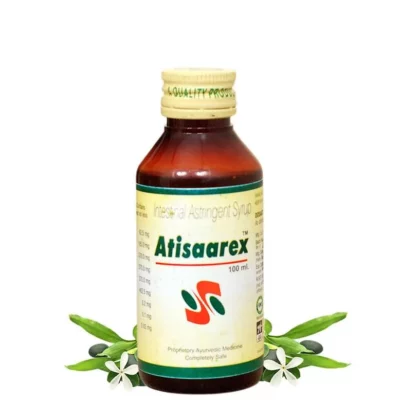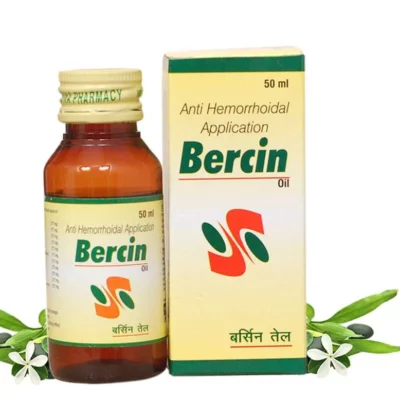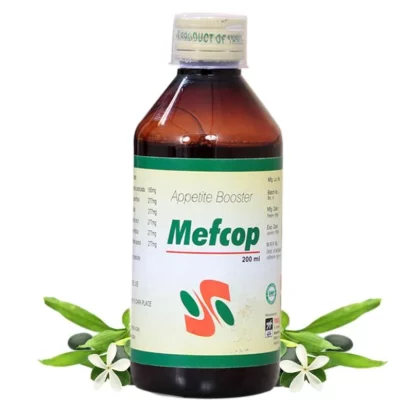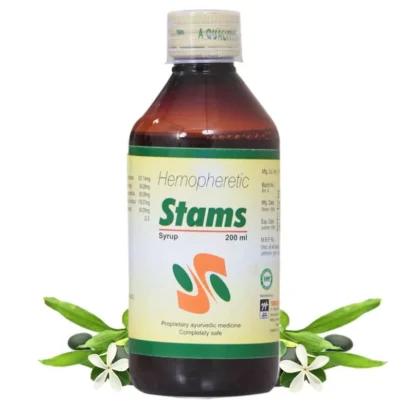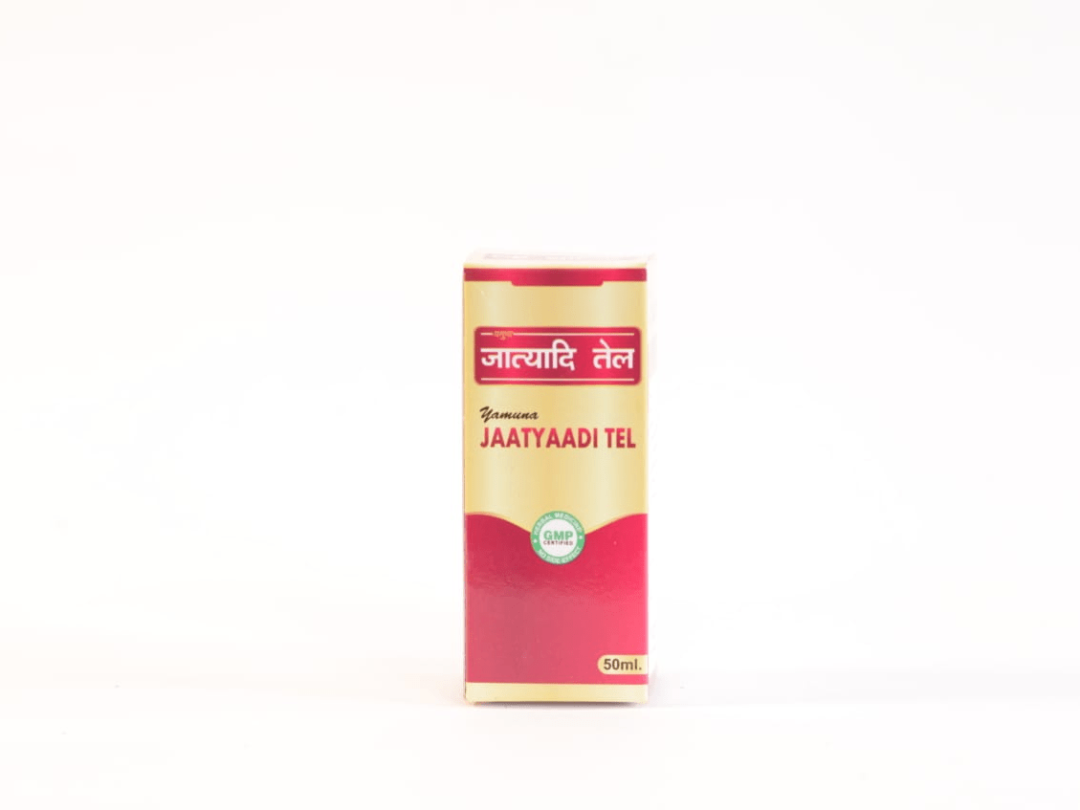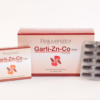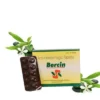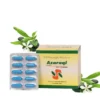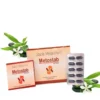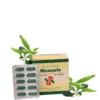Generally, skin diseases are chronic in nature and the recurrence is very common. Eczema is chronic in nature. It is a form of dermatitis or inflammation of the upper layers of the skin. The term eczema is broadly applied to a range of persistent or recurring skin rashes. Long standing eczema is often dry. It is a form of dermatitis where inflammation of epidermis occurs. The exact cause of eczema is not known. Although it is activated by the immune system and is related to allergic reactions but it is not the same as other allergic reactions.
Eczema can be a difficult and frustrating condition. The psychological challenge faced by the patients is insurmountable. The desire to scratch the itchy rash just makes the condition worse.
What are the symptoms of Eczema?
- Kandu (Itching)
- Vedana (pain)
- Pidika (small postules)
- Anga patina (cracking of skin)
- Utsedha (swelling/inflammation)
- Paka (supparation)
- Kleda (fluid filled secretion)
- Ati swedana (hyper-sweating)
Eczema according to Ayurveda:
In Ayurveda, though it is Kshudra Kushtha and can be correlated with Vicharchika. It is known as Rakta Pradoshaja having involvement of all the three doshas with the dominance of Pitta dosha.
What is the Ayurvedic treatment of Eczema?
In maximum cases, patients of eczema who do not get relief from Allopathic treatment approach to Ayurvedic treatment. But with the time, the disease has already attained the chronic state. Another issue with the skin disorders is their frequent recurrence.
The main aim of Ayurvedic treatment of eczema is to purify the body by removing the dosha (toxins) and boost the immune system thus enabling the patient to live a healthy and peaceful life.
In the context of the treatment of eczema, Acharaya Charak has mentioned that in all the chronic diseases, Rasayana drugs should be prescribed. But to get the maximum benefits of Rasayana treatment, it is essential to perform shodhana at least cleaning of bowel prior to the administration of Rasayana.
Oral administration of certain medications that augment and assist the process of digestion, thus assists the process of digestion are also prescribed. These drugs have aampachana and deepan properties that not only improve the digestive capacity of an individual but also enhance the metabolic activity of the cells.
The sarvang abhyanga (whole body massage) with medicated oil is also prescribed which helps to bring the doshas (toxins) from all over the body to the excretory channels.
Some herbs useful in Eczema are:
Herbs that are bitter in taste, balance Pitta dosha and have blood purifying, detoxifying and skin soothing properties are recommended. These are:
- Manjistha (Rubia cordifolia): Manjistha is considered as one of the best purifying herbs in Ayurveda. For skin issues, this herb can be used both internally and externally.
- It is known for cleansing the blood and liver and balances Pitta dosha.
- Manjistha soothes the inflamed and itchy skin conditions and balances pigmentation.
- Thus, manjistha is extremely useful in improving skin health.
- Nimba (Azadirachta indica): Neem is a Tikta (bitter) which removes toxins, cleanses the blood and liver.
- It is a bitter and cooling herb which has an affinity for the lymph, blood and skin as well.
- The anti-inflammatory properties of neem leaves help in relieving uncomfortable and painful symptoms of eczema.
- Khadira (Acacia catechu): Khadira is a wonderful herb for the skin conditions like eczema.
- It flushes the toxins by boosting digestion and elimination of wastes. It further stops production of toxins and their accumulation in the intestines.
- It directly works on the blood and detoxifies it. Khadira also digests ama present in the blood.
- Therefore, it helps in soothing the symptoms of eczema such as itching, oozing, crust formation, patchy and scaly skin.
- Sariva (Hemidesmus indicus): Sariva herb is commonly known as Anantmool.
- Sariva is a potent blood purifier. It cleans the blood, stops itching and reduces suppuration. Therefore, it is widely used in skin conditions such as eczema, psoriasis, urticaria etc. caused due to heat and aggravated Pitta dosha.
- It is also known for relieving stress by inducing an overwhelming sensation of relaxation.
- Kutaja (Holarrhena antidysentrica): Kutaj tree is well-known for its bark. The bark is the most effective Ayurvedic treatment for skin problems such as eczema, psoriasis, skin blemishes, rashes etc.
- It is one of the powerful Ayurvedic ingredients that is helpful to manage eczema and psoriasis.
- The oil of kutaja mixed with coconut oil has antiseptic and astringent properties.
- Daruharidra (Berberis aristata): Daruharidra is an excellent Ayurvedic herb useful in pitta aggravated conditions.
- It is used as an ingredient in many Ayurvedic herbal formulations for skin disorders.
- Due to its anti-inflammatory property, it controls itching associated with eczema.
- It also helps in alleviating liver disorders by maintaining the proper secretion of liver enzymes.
- The plant is bitter in taste, rough in quality and hot in potency.
- Chakramarda (Cassia tora): Chakramarda is a medicinal plant having katu (pungent) taste, katu vipak (undergoes pungent taste conversion after digestion).
- It balances Pitta and Kapha doshas and congenial for skin disorders.
- It is quite useful in providing relief in kandu (itching and pruritis) associated with eczema.
- The seeds of this plant are used externally in eczema, allergic dermatitis, psoriasis, inflamed pile mass, snake bite, insect bite etc.
- The oil of chakramarda plant is also useful in skin disorders.
?
- Coconut Oil: Coconut oil is used as a base in Ayurveda to prepare oils that help in managing skin disorders.
- It acts as a natural moisturizer that helps to protect the skin and prevents drying of skin.
- It is also useful in itching and inflammation of the skin.
?
Pathya and Apathya (Do?s and Don?ts):
- Take light food such as khichadi, moong dal, patola, bitter gourd etc.
- Avoid milk and milk products.
- Avoid taking non-vegetarian food, pickles, chillies, junk and processed foods.
- Avoid sleeping during day time.
- Use of harsh soaps and chemicals should be avoided.
- For stress, practice pranayama and Meditation.
Thus, Ayurvedic line of treatment aims to give a happy life to the patient of eczema by improving the functioning of immune system, removing toxins etc. Ayurvedic supplements are safe and natural and gentle on the skin as well.


